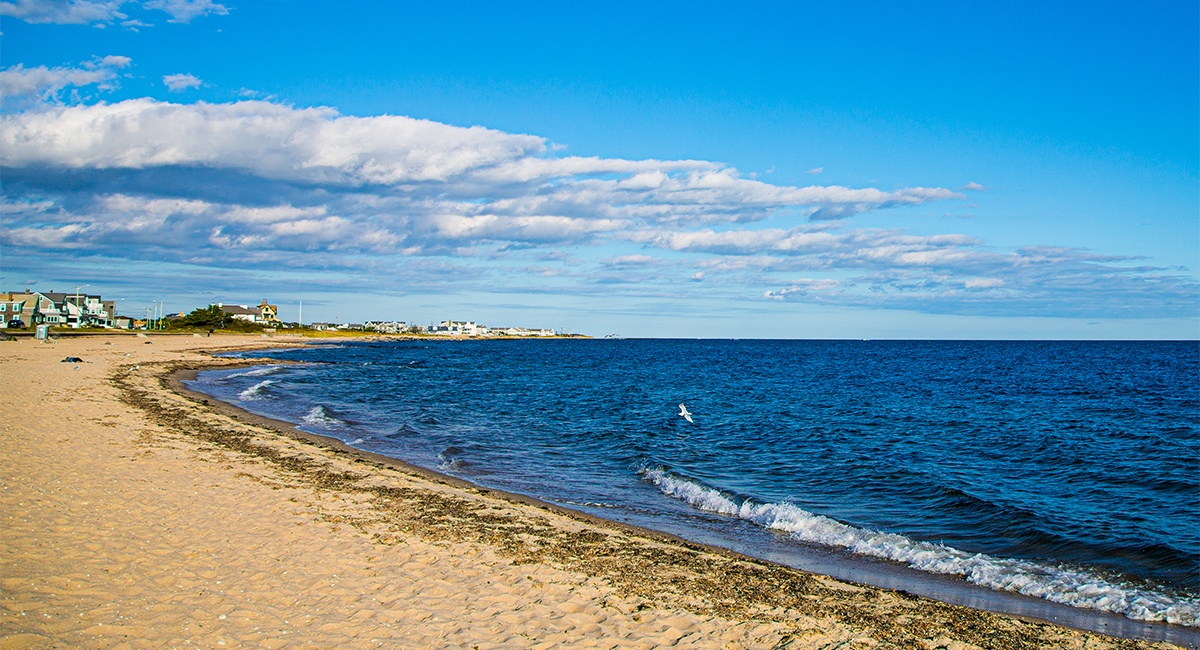Coastal Regulations and Closures
:max_bytes(150000):strip_icc()/lifeguard-chair-at-coast-guard-beach-480790758-5ad552aec673350037b0eab4.jpg)
Massachusetts beaches closed – Massachusetts beaches are subject to a comprehensive set of regulations aimed at protecting public safety and preserving the coastal environment. These regulations include provisions for beach closures, which may be issued by local authorities or the state Department of Conservation and Recreation (DCR).
While the sweltering heat drives beachgoers away from Massachusetts’s shores due to beach closures, travelers on a Delta flight faced a different kind of disappointment. A recent Delta flight was diverted due to an unpleasant odor caused by spoiled food, leaving passengers stranded and hungry.
As the beaches remain closed, the unfortunate incident with the Delta flight serves as a reminder of the unexpected disruptions that can occur during summer travels.
Beaches may be closed for a variety of reasons, including:
- Water quality concerns: Beaches may be closed if water samples show high levels of bacteria or other contaminants that could pose a health risk to swimmers.
- Weather conditions: Beaches may be closed due to severe weather conditions, such as high winds, waves, or rip currents, which can create hazardous conditions for swimmers.
- Special events: Beaches may be closed to accommodate special events, such as races or concerts.
- Maintenance: Beaches may be closed for maintenance purposes, such as beach cleaning or sand replenishment.
The process for issuing and lifting beach closures varies depending on the reason for the closure. In general, local authorities or the DCR will issue a closure order when they determine that a beach is unsafe for swimming. The closure order will typically specify the reason for the closure and the date and time when the closure will be lifted.
Beach closures are an important public safety measure that helps to protect swimmers from potential hazards. It is important to obey all beach closure orders and to avoid swimming at closed beaches.
Public Health and Safety Concerns

Beach closures are often implemented to protect public health and safety from potential hazards. These hazards can include:
- Water quality issues: Contaminated water can contain bacteria, viruses, or other harmful microorganisms that can cause illness.
- Harmful algal blooms (HABs): HABs are overgrowths of algae that can produce toxins that are harmful to humans and animals.
- Other threats: Other hazards that can lead to beach closures include strong currents, rip tides, and jellyfish stings.
Local health departments play a critical role in monitoring beach conditions and issuing beach closures when necessary. They collect water samples to test for bacteria and other contaminants, and they monitor for HABs and other potential hazards.
Environmental Factors and Mitigation Strategies: Massachusetts Beaches Closed

Environmental factors can significantly impact beach access and safety, leading to closures. These factors include erosion, storm surges, and pollution.
Erosion, caused by natural forces like waves and currents, can damage beaches and infrastructure, making them unsafe for use. Storm surges, often associated with hurricanes and tropical storms, can inundate beaches, causing damage and erosion. Pollution, from sources like sewage or industrial waste, can contaminate beach waters, posing health risks to swimmers and beachgoers.
Erosion Mitigation Strategies
To mitigate erosion, various strategies are employed, including beach nourishment, which involves adding sand to eroded areas to restore beach profiles and protect against further erosion. Seawalls and jetties are structures designed to redirect water flow and reduce erosion. Vegetation, such as dune grasses and mangroves, can help stabilize dunes and reduce erosion by trapping sand and dissipating wave energy.
Storm Surge Mitigation Strategies
Storm surge mitigation strategies focus on protecting coastal communities from flooding and erosion. Seawalls, levees, and floodgates are physical barriers designed to prevent or reduce the impact of storm surges. Building codes and zoning regulations can also be implemented to ensure structures are resilient to storm damage.
Pollution Mitigation Strategies, Massachusetts beaches closed
Pollution mitigation strategies aim to improve water quality and protect beachgoers from health risks. Wastewater treatment plants and stormwater management systems are used to reduce pollution from sewage and runoff. Beach monitoring programs can help identify and address sources of pollution, ensuring water quality meets safety standards.
Successful Beach Restoration and Protection Projects
Numerous successful beach restoration and protection projects have been implemented worldwide. The restoration of Miami Beach, Florida, involved beach nourishment, dune restoration, and the construction of seawalls to protect against erosion and storm surges. The renourishment of Virginia Beach, Virginia, has helped maintain beach access and protect coastal communities from storms.
Massachusetts beaches closed due to dangerous rip currents, leaving beachgoers disappointed. For those seeking solace in style, saks fifth offers a sanctuary of luxury, where fashion’s allure beckons. Yet, the allure of the ocean remains, as the beaches reopen, inviting us to embrace the coastal splendor once more.